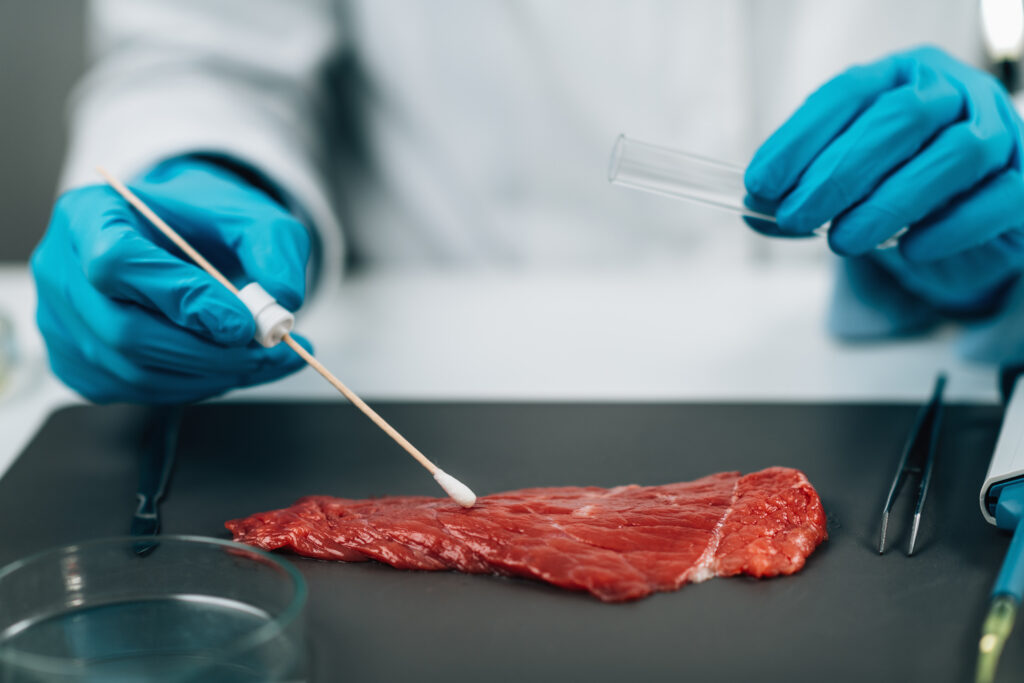Netflix, known for its thrilling documentaries, stirred the pot once again with another insightful exposé. This time, the streaming service plunged into the world of food safety with its newest Netflix food documentary, “Poisoned: The Dirty Truth About Your Food,” which promises to question viewers’ perception about everyday foods and their origins.
The objective of the documentary is not to dictate what foods the audience should avoid due to health concerns or to debunk myths about so-called healthy foods. Rather, its primary focus is to shed light on the negligent food safety practices employed by various companies and federal authorities. In a way, this Netflix food documentary serves as an informative public service announcement.
You'll never look at store-bought food the same way after this documentary…
Poisoned: The Dirty Truth About Your Food is now on Netflix. pic.twitter.com/bGQQYNa38i
— Netflix (@netflix) August 2, 2023
The documentary, which came out on August 2, offers an engaging, if not stomach-churning, narrative. Here’s everything you need to know about “Poisoned: The Dirty Truth About Your Food” and its revealing content.
Related: 10 of the Worst Food Safety Scandals in Recent History
The film unpacks a variety of food safety issues, starting with the notorious E. coli outbreak between 1992 and 1993 that claimed the lives of four children who had eaten contaminated burgers from the fast-food chain Jack in the Box. This heart-wrenching event prompted an increased focus on fast-food safety regulations. But the documentary argued that more regulatory work is still needed.
The spotlight frequently fell on corporate executives and government regulators in the Netflix food documentary, these being the usual suspects behind food contamination. Attorney Bill Marler, who represented one of the victims from the Jack in the Box incident and started his crusade against weak food regulation, was prominently featured throughout the film and noted in the trailer, “Sometimes the manufacturers of food don’t think of it as food. It becomes a commodity.”
The film also profiled Kenneth Kendrick, a former plant manager at Peanut Corporation of America. Kendrick made headlines when he blew the whistle on his boss, corporation owner Stewart Parnell, for tampering with inspection records to ship out contaminated nuts. Parnell was subsequently convicted and sentenced to 28 years in federal prison in 2014.
The narrative unfolds through several viewpoints, including those of food industry attorneys, politicians, regulators, scientists, victims’ parents and implicated businesses. These interviews offer an accessible, yet profoundly disturbing, recollection of the events.
A critical revelation from the documentary is the convoluted nature of the regulatory infrastructure. Agencies like the United States Department of Agriculture (USDA) and the US Food and Drug Administration (FDA) seem to be in a tug of war, with ambiguous and overlapping jurisdictions over specific products. Additionally, the regulations in place lack the necessary rigor to enforce safety effectively, and predictably, lobbyists are pushing to maintain the status quo.
The documentary delves into more such cases, unmasking the conflict between public health and corporate avarice. Although politicians often tout the US as having “the safest food supply in the world,” this Netflix food documentary implies otherwise.
Directed by Stephanie Soechtig, known for her previous work “Fed Up” exploring American obesity, the documentary takes inspiration from the book by journalist Jeff Benedict, “Poisoned: The True Story of the Deadly E. Coli Outbreak That Changed the Way Americans Eat.”












Join or login to leave a comment
JOIN LOGIN